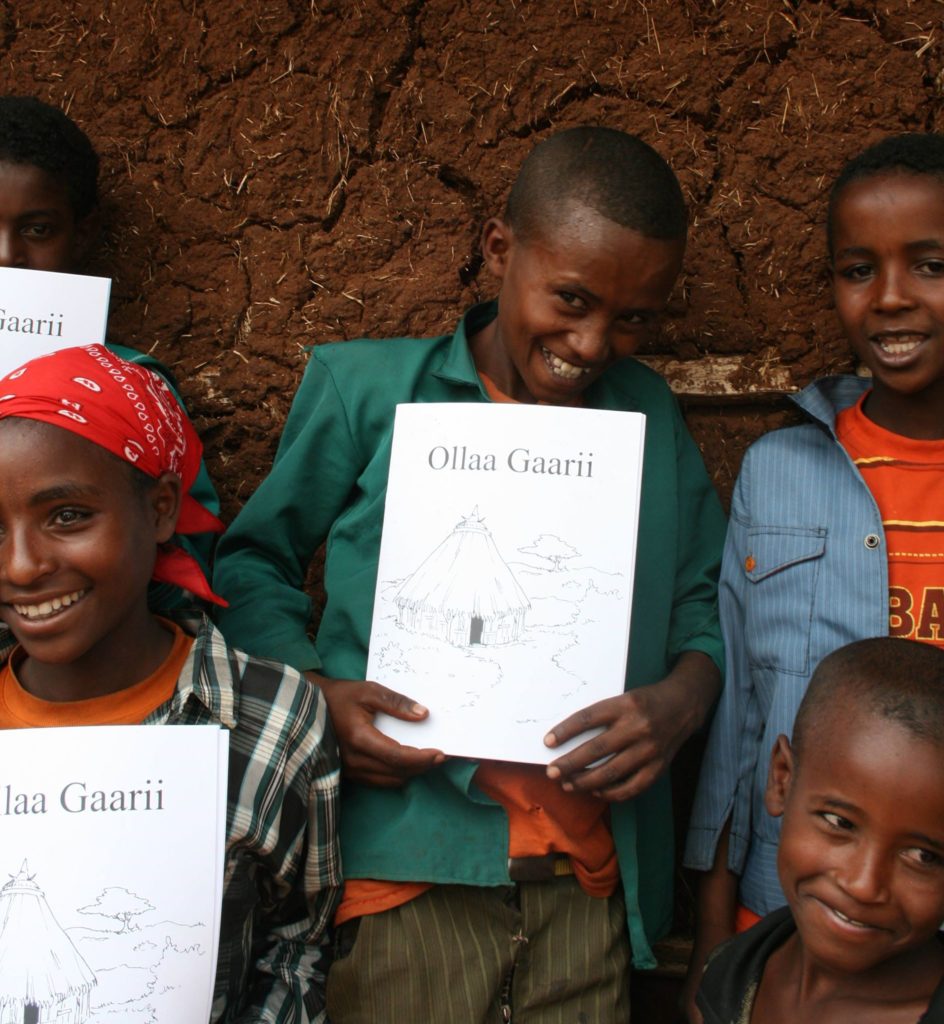Stories Give Life

I love listening to stories. Learning by listening and observing is one of my favorites. A few weeks back I was having dinner with a group of new friends and a young man named Tesfaye was sharing some of his family’s history. His story is not especially unusual as it pertains to Oromo Ethiopians but the gift that he was giving me by sharing his past was unique.
Ethiopian culture is not often one to share too much about their personal past. Many Oromo don’t have a lot of great things to share so no need to dwell on the memories of the hard. When one is getting married, then you are on a need to know basis! So the story from my new friend truly was a gift and I wanted to learn everything I could. Stories often give me a glimpse into why our villagers do what they do and why there are gaps in learning or knowledge. I have been especially interested in education and Afan Oromo (language of the Oromo) and literacy. So many of the older adults in our village can not read and write in Afan Oromo and it makes it especially hard on the current children not having help at home as they are now in school learning themselves. I had assumed this lack of literacy for older generations was because of the lack of education, because of their lack in interest in school, or the lack of schools to attend or too many chores at home etc.
The story that Tesfaye shared with me helped me to reframe my understanding. His parents were educators and passionate about teaching. They taught in the rural schools in the Oromia region. They were required to teach reading and writing only in Amharic. That means, not in the local language or with the alphabet but with fidels. When they went against the government’s rules to teach the language known to them and the region, they were thrown in prison. Thrown in prison for teaching children to read and write in Afan Oromo! I now understand why the parents of our Bright Spots have not learned to read and write and why their children struggle without the support from home. He went on to tell me how so many of the children during that time were also not allowed to be named with their cultural names in the Afan Oromo language. Can you imagine being of one culture and being required to be named in a way that represented you as coming from an alternative culture?
Names are incredibly important to Oromo and show their history. Your first name is your own, your second name is your father’s first name and your 3rd name is your grandfather’s first name. When you are married you can chase back 30 generations to see if your family has ever crossed paths before. An Oromo name tells your lineage and your cultural past. When your name is not true to who you are, the story can be lost.
Too many times we have preconceived ideas about how things are. We make assumptions on a surface level. Listening brings clarity. Having genuine friendships brings understanding. We all can learn so much by truly caring about someone else’s story and what they have to say.
